Malaysia has three major ethnicities: Malay (60%), Chinese (30%) and native tribes. The Malays are the most powerful group in the country, and being Muslim is considered an important part of their identity. Most Christians are from the tribal and Chinese people groups, and most churches experience relative freedom as long as they do not evangelise the Malays.
A leading interfaith group in Malaysia has criticised a top Islamic official’s suggestion that Muslims be allowed to preach in churches and other non-Islamic places of worship.
The Malaysian Consultative Council of Buddhism, Christianity, Hinduism, Sikhism, and Taoism (MCCBCHST) expressed concerns that such a move could increase tensions and undermine the sanctity of other houses of worship.
The controversy erupted after Datuk Mohamad Sabri Haron, the Mufti of Terengganu, stated that Muslims have the right to enter places of worship of other faiths to spread Islam. The Mufti’s remarks sparked outrage among non-Muslim communities, who view the proposal as a direct challenge to religious freedom and interfaith harmony in the predominantly Muslim nation.
The MCCBCHST argued that the Malaysian Constitution guarantees the right to freedom of religion but does not permit proselytising in places of worship of other faiths. The group called on the government to clarify the legal status of the Mufti’s proposal and to take steps to protect the rights of all religious groups.
The issue has highlighted the delicate balance between religious freedom and the prevention of religious extremism in Malaysia. While the country has a history of relative religious tolerance, recent years have seen increasing tensions between different faith communities.
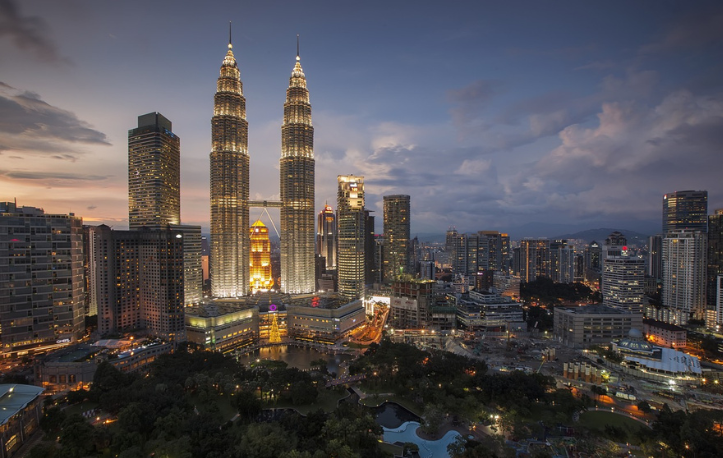


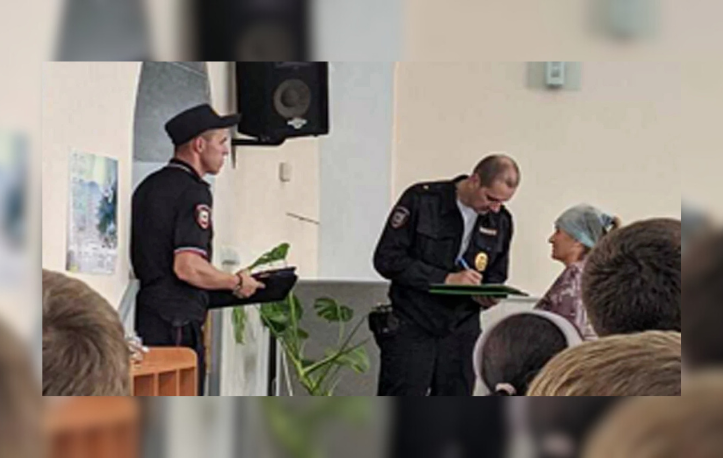


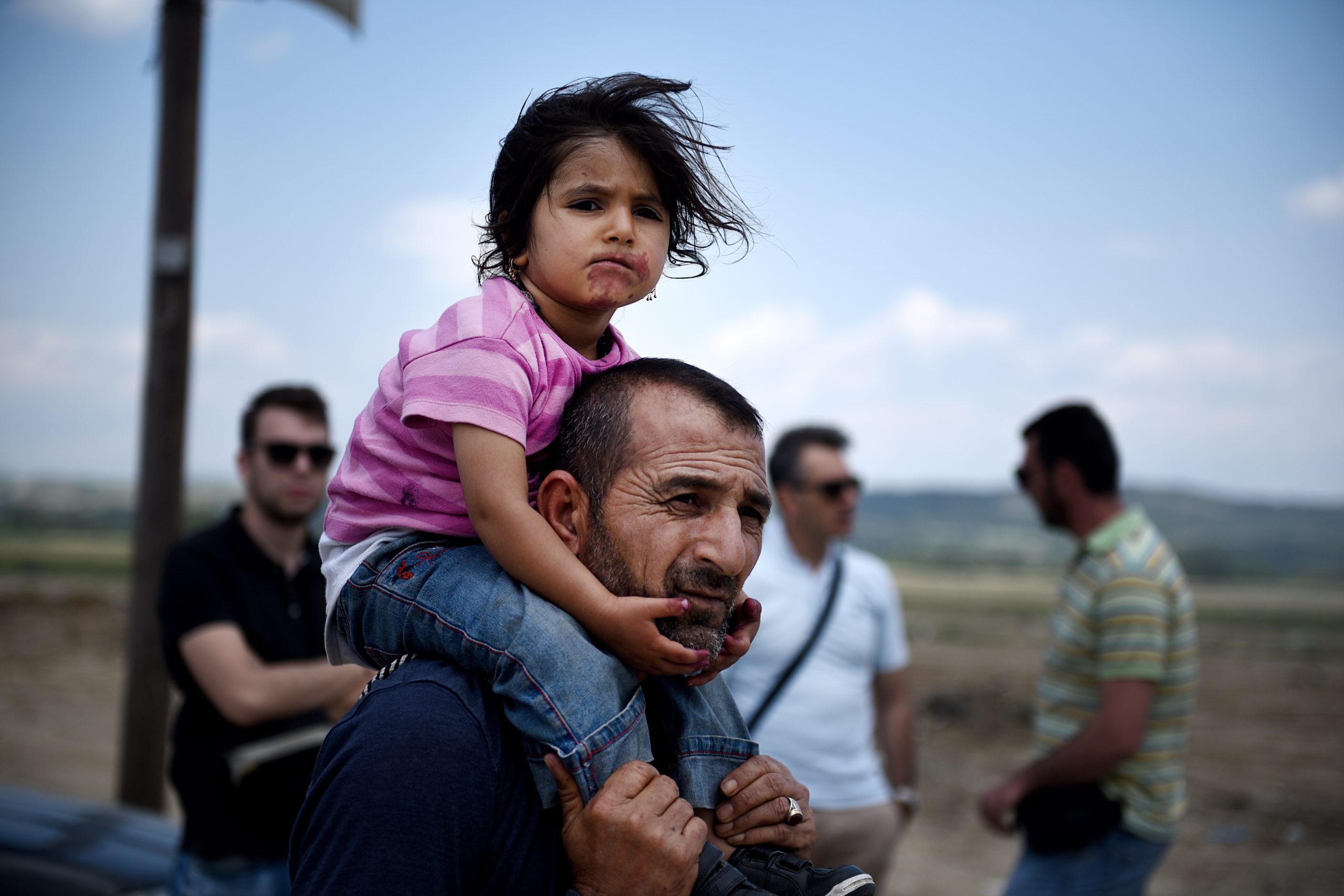
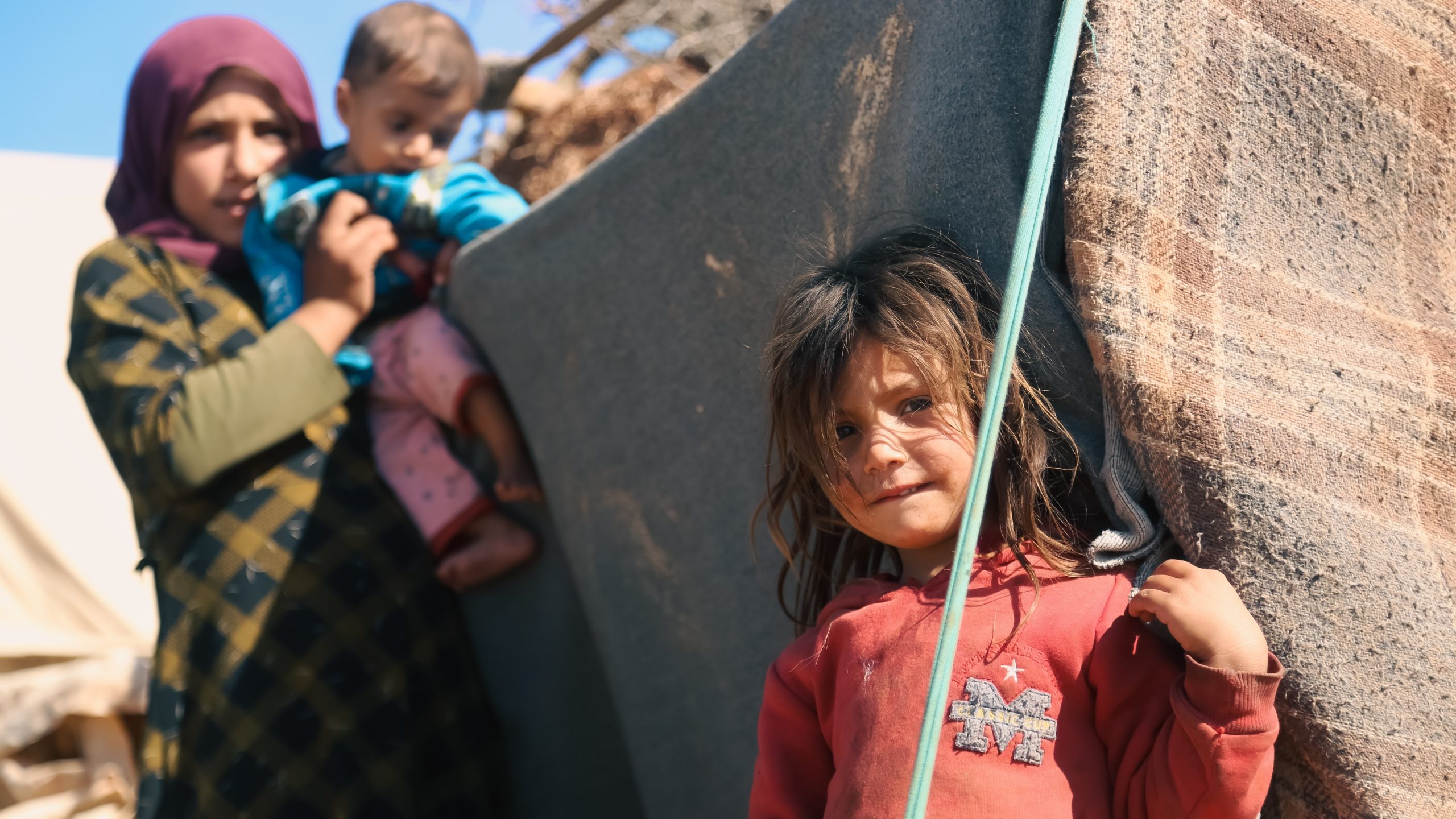






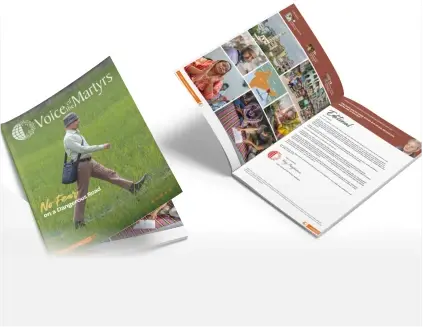
Submit a Prayer